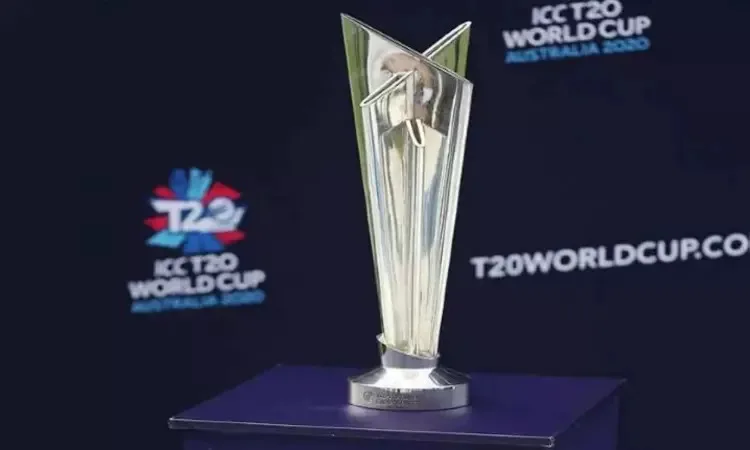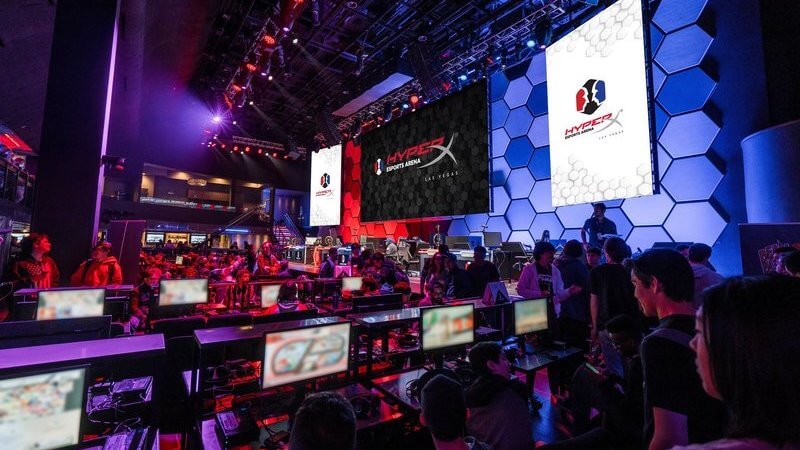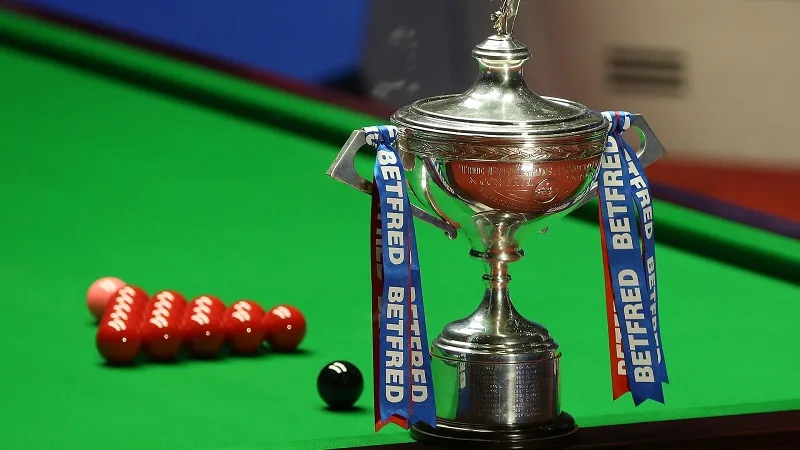Basic tournament strategy in poker
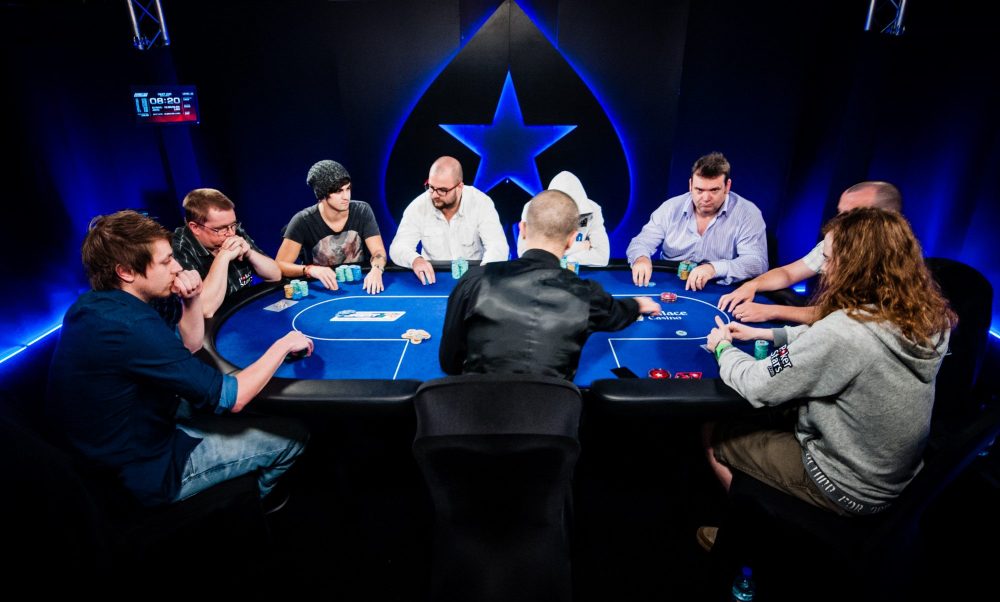
Professional poker players know that playing strategy during a tournament is different from playing at the cash tables. Of course, it’s not just that there are various ancillary things like a no deposit bonus Poker legend Daniel Negreanu has shared his knowledge on the subject.
Who is Daniel Negreanu
Professional poker player Daniel Negreanu has always found tournament poker more exciting than cash games because in tournaments you can win a trophy or a big prize while still playing your chosen style of poker, such as hold’em. He has amassed almost $40 million in prize money, making him the biggest live tournament winner of all time.
One of the most significant differences between cash games and poker tournaments is the variety of stack sizes. This needs to be taken into account when determining the best strategy for a tournament. Daniel says: “The number one mistake I see with tournament players … is you see a player who has a chip lead or a very big stack and then they just lose, bluff and try to win the tournament too early”. Another important concept in tournament poker is ICM, or independent chip model.
What is ICM?
Simply put, ICM is an independent chip model – it shows the profitability of a decision in terms of monetary value, not the value of chips. Its purpose is to discern the difference in chip value over the course of a tournament, and this feature becomes most important as the money bubble approaches.
ICM is critical to success at this stage of the event if the goal is to maximise long term profits. It is also important when a player is at the final table, and large bounces of prize money greatly influence decisions. If the goal is just to win the tournament, you can take maximum value at every opportunity, but it’s not the most lucrative route.
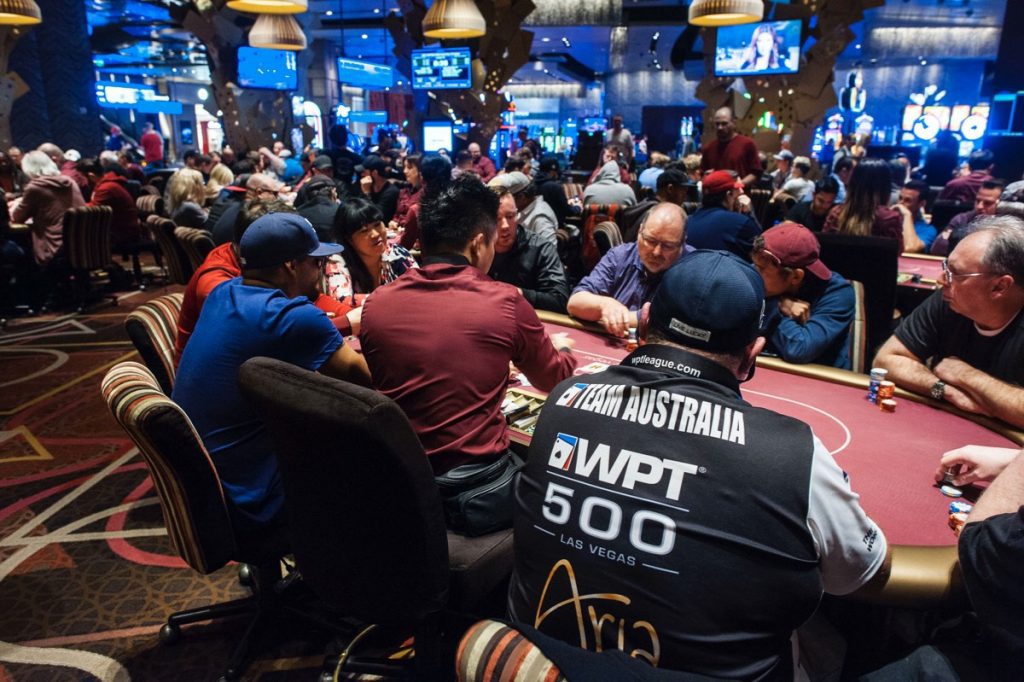
Some tips from Negreanu
Daniel is not stingy with advice for poker players who are hungry to get as high as he is. They’re not one-size-fits-all solutions to poker table problems, but they’re still worth keeping in mind. Among them:
- Start slowly. Play conservatively at the beginning of a tournament, before the ante kicks in, because early tournament play is more about surviving than gaining welsh. You can’t win a tournament early, but you can lose all your chips. This is because doubling your chip stack is not as valuable early on because of ICM, which affects the value of each chip as the tournament progresses.
- Consider the potential of your hand. The types of hands that are best suited for deeper stacks early on have the most postflop potential. Later on, when your only realistic options on preflop are all-in or fold, different-sized aces can play great as a flush from a late position with small stacks, but they can give you some trouble early on.
- be patient. The rate at which the blinds are increasing should indicate how aggressive you are in the early stages. In a turbo tournament, where the blinds are rising fast, it’s more important to focus on the equity rather than survival. One of the biggest mistakes novice players make is building up a big chip stack and then losing it for nothing, trying to win the tournament too early.
You should also remember that poker is a combination of mathematics, psychology and basic luck.

